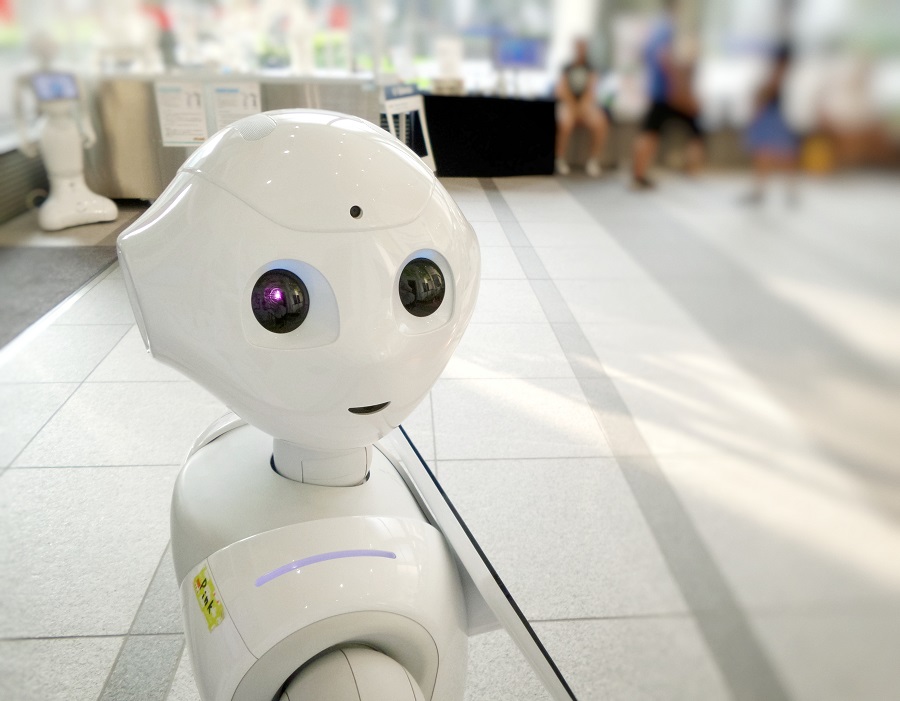Machine learning (ML) is an application of artificial intelligence (AI) that is rapidly growing and being integrated into business operations. Machine learning allows systems to learn without being programmed, allowing for the development of computer applications. That can learn autonomously by accessing data. In this way, big datasets can be analyzed, metrics can be collected, and more intelligent algorithms can be built that can better complete complicated tasks. Businesses rely on analytics and insights when it comes to complex decision-making. Machine learning can better forecast future market performance and identify trends and patterns in datasets than humans.
The Machine Learning model can be found across various industries from health care to education. Businesses that already utilize AI can successfully adopt ML models. That gleans more information from consumers to better predict their behaviors. Any business that relies on real-time analytics, data integration and management, forecasting, and secure data processing can befit from the efficient, reliable data sets provided by machine learning. Keep reading to learn more about the future of machine learning.
Computer Vision
The field of Machine learning is growing exponentially when it comes to computer vision. When computers came into daily use decades ago, they were just hulking pieces of machinery that could perform basic functions. Today, computers help users get deep learning of the world in new ways with a minimal human error rate of three percent in computer vision. In this way, ML has real-world applications that can save lives and improve people’s quality of life.
NLP and Transformers
Machines use algorithms known as language models to comprehend text and complete functions such as text translation. Computers are now able to understand paragraphs of texts which is essential to improving the Google search system. Google’s newest Natural Language Processing (NLP) model can enhance search results for a variety of search queries that were once difficult to interpret. Improved machine learning algorithms allow search engines to better understand queries and deliver more accurate answers.
Machine learning still faces challenges when it comes to understanding slang and accents in Natural Language Processing. Deep learning of language happens when ML has new data to listen to, though it does require training to understand accents. A common example of ML in daily life is the use of facial recognition on mobile devices, language translation software, and smart home devices.
The Future of Work Culture
Many businesses have adopted a community model of working in which decisions are data-driven and teamwork is coordinated. ML can complete mundane business tasks so that team members can apply their skills to more meaningful tasks. Machine learning is replacing the need to make educated predictions about sales and revenue with real-time insights. Making decisions based on data analytics is leading businesses to operate without a strict format, focus on probability over planning and strategy, and become more flexible.
What are the benefits of ML?
There is a range of benefits to ML users across all industries. Machine learning software can predict consumer behavior with predictive analytics, ensure the accuracy of data preparation, discover insights about customer experiences, help businesses maintain a competitive edge in the market, and improve workflow.
There are several types of machine learning including Supervised, Unsupervised, Semi-supervised, and Reinforcement machine learning algorithms. Automation ML can be use by data scientists and non-data scientists alike. Advancements in Machine learning software allows users of all skill levels to upload data. Specify what predictions they need, and the software in turn runs the most appropriate algorithm to produce a clear, accurate dataset.
Artificial Intelligence and Machine learning will change the future of business, government, health care, and how new technologies are developed. Machine learning programs will lead to fine-tuned personalization. The evolution of data teams and the rise of quantum algorithms can lead to technological innovations.




Quality articles or reviews is the main to interest the viewers to visit the site,
that’s what this site is providing.